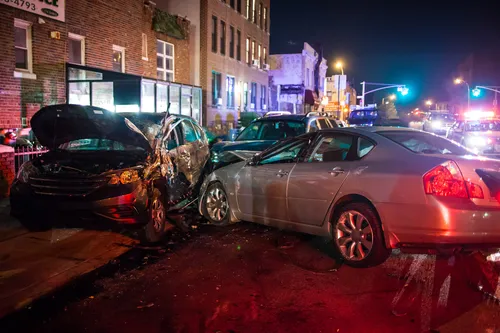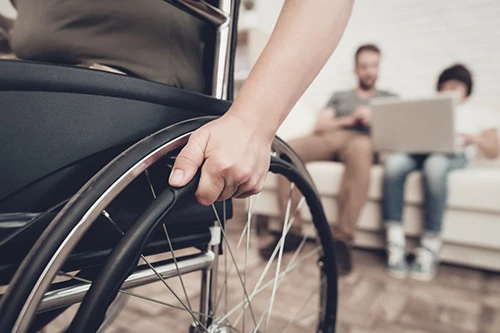Renters are becoming more common. While homeowners are still the majority in the US, the number of renters, especially in larger cities, have increased. In fact, there are more renters now than at any point since 1965, and renters have become the majority in 22 major cities (as of January 2018).
Based on 2016 data, 50.3 percent of Tampa residents and 54.7 percent of Hialeah residents were renters.
So it is feasible to note that the increase in tenants means more money for landlords, but that also means an increased chance an accident occurs on the property. Would the landlord then be held liable? The short answer is: it depends.
Read on to learn more.
Is the landlord liable for any injuries incurred on the property?
The landlord needs to provide a “standard of care”, meaning they need to exercise caution and attentiveness to prevent any negligence from occurring. The landlord is responsible for the following on the property:
- Alerting tenants and visitors of hidden dangers. These alerts can be sent to the tenant via text, the portal’s site, email, and notices plastered on the apartment doors.
- Providing routine proper care to the common areas, whether they are the parking lots, gym, clubhouse, pool, or whatever else offered.
- Maintaining
safety of furnished units. Furthermore, no maintenance request should go unnoticed or ignored, as the dwelling problem could lead to potential injury.
If the landlord fails to do any of the above, then they could be held liable due to negligence. The landlord isn’t typically liable for injuries that occur in the rental unit, with the exception of defective/ignored repairs and installing essential home items, such as a fire safety alarm.
What constitutes as proof of the landlord’s negligence?
- If the landlord fails to repair the dangerous issue by improperly repairing the issue or by ignoring the issue altogether.
- If the landlord does not fix the problem in a reasonable amount of time (e.g. taking a short amount of time to fix the problem that should have taken longer).
- If the injury was foreseeable, meaning that it could have been prevented. If so, you can take photos of your injuries and document them.
If any of the happen, you can sue the landlord for the following:
- Lost wages
- Medical bills
- Emotional impact
- Damaged personal property
- Pain and suffering
However, you may not always need proof. If the landlord violates the law of protecting tenants, you don’t typically don’t need additional proof. This is called negligence per se. All the tenant needs to do is show that the landlord has violated the law and caused the tenant’s injury. For instance, if smoke alarms aren’t installed and a tenant is injured due to a fire that broke out, then the landlord is immediately held liable.
Landlords can also be held for criminal acts that occur.
If criminal activity was foreseeable in any capacity, then the landlord can be held liable for the damages caused by the criminal. For instance, the landlord may not have installed proper locks on the doors (including the deadbolt), making the units easily accessible for criminals, which can lead to the tenant’s injury. This also goes for assault on the landlord’s property.
Know that the landlord can be held liable if you are injured on the landlord’s property.
No matter what, if an injury occurs that is caused by the negligence of the landlord, such as not repairing property within a reasonable time and alerting tenants of the occurrence, then you should certainly sue the landlord for medical payments, lost wages, and more. Just keep in mind that if you are injured in your unit, then you may not be able to hold the landlord liable, depending on the situation.

